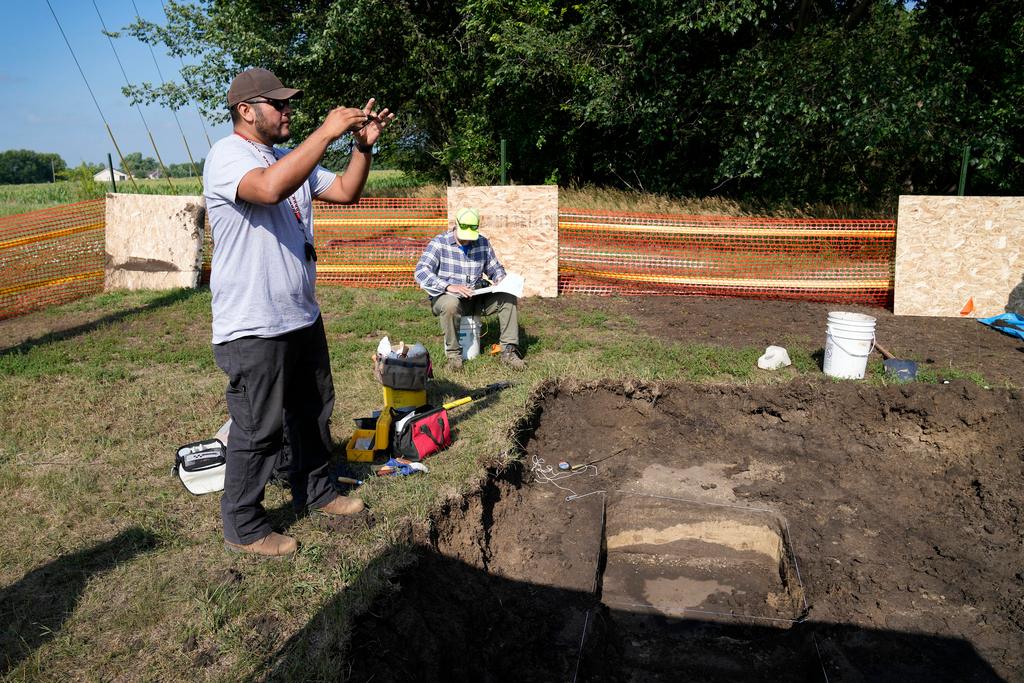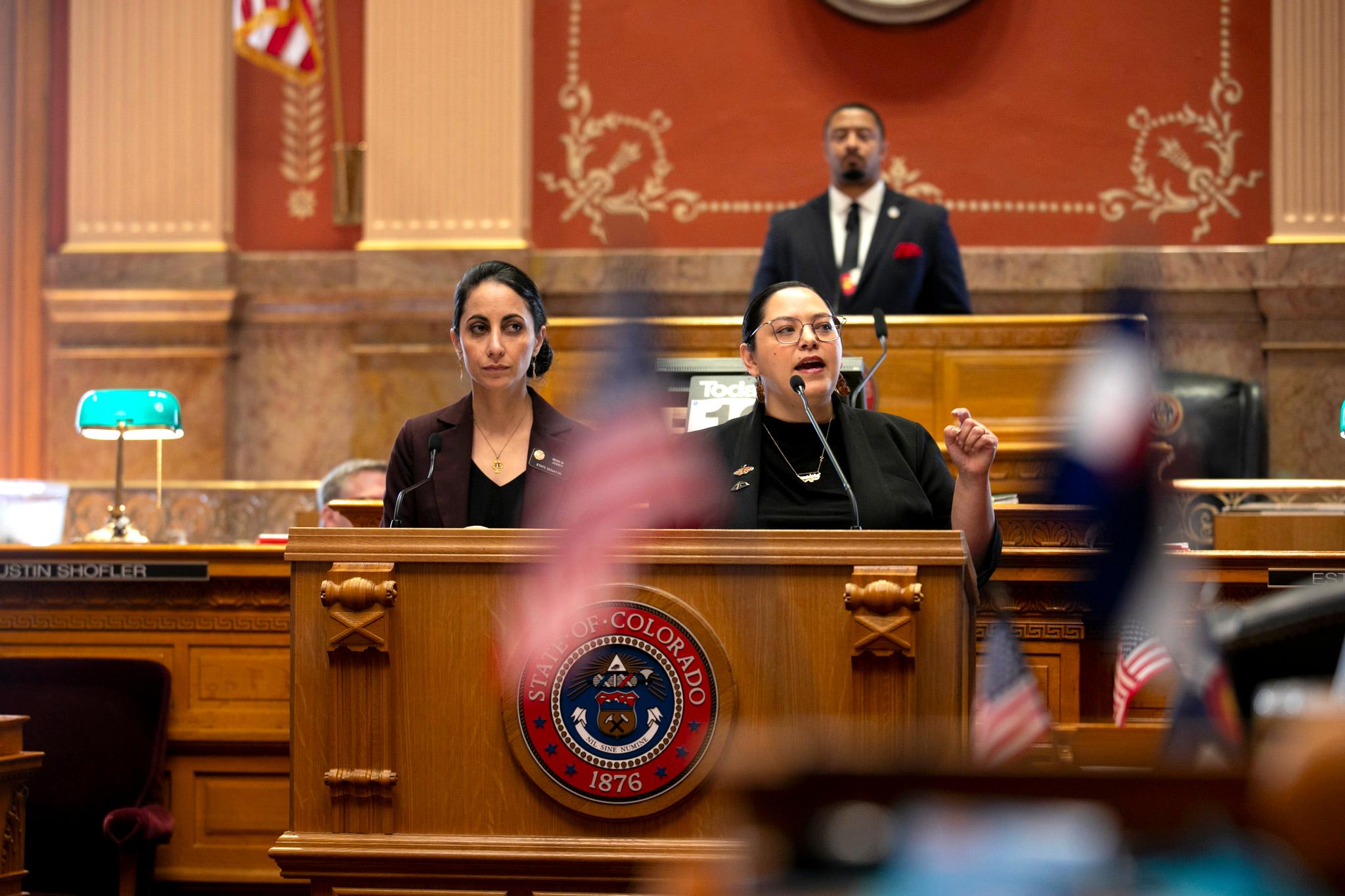
On the 82nd anniversary of the Presidential Executive Order to detain more than 120,000 Japanese Americans in internment camps, survivors and their families gathered at the state Capitol Wednesday.
The Amache Internment Camp in Granada, Colorado held more than 7,000 Japanese Americans who were brought here from California during World War II. The camp was built in two months and spanned 10,500 acres.
“I’m standing here for my family because they’re gone.” Stacey Shigaya, the executive director of the Sakura Foundation, told CPR News.
Her parents were incarcerated in World War II.
“I still have my voice. We get to speak for the people, not only who are gone, but the people who are still here and are scared to death in America,” Shigaya said. “They're scared of their own government.”
The executive order, signed by Franklin D. Roosevelt in 1942 after the bombing of Pearl Harbor, was made possible by the Alien Enemy Act of 1798. The act gives the standing president the power to detain and deport non-citizens from a country considered an enemy to America during war.
President Donald Trump has said his administration will institute the act as part of his mass deportation plan, “Operation Aurora.”
“This is of wartime authority,” said Sen. Julie Gonzales (D). “When we are not at war.”

Senators Gonzales and Iman Jodeh (D) are the main sponsors of resolution SR25-005, which calls upon Governor Jared Polis, Senators John Hickenlooper and Michael Bennet as well as members of Congress to renounce the use of this act.
“I hope it goes without saying that it is a right– not a privilege– a right to not be rounded up by your government because of your nationality or race or ethnicity or language," said Sen. Mike Weissman (D) during the reading. “If our foundational documents mean anything, that's a right.”
The resolution had a hearing on Wednesday and passed by a vote of 22 to 12.
The 12 no votes came from Republicans across the state. Minority Leader Paul Lundeen said the vagueness of the language in the resolution prevented him from voting yes, and that while he was working on amendments to allay his concerns, the process ran out of time.
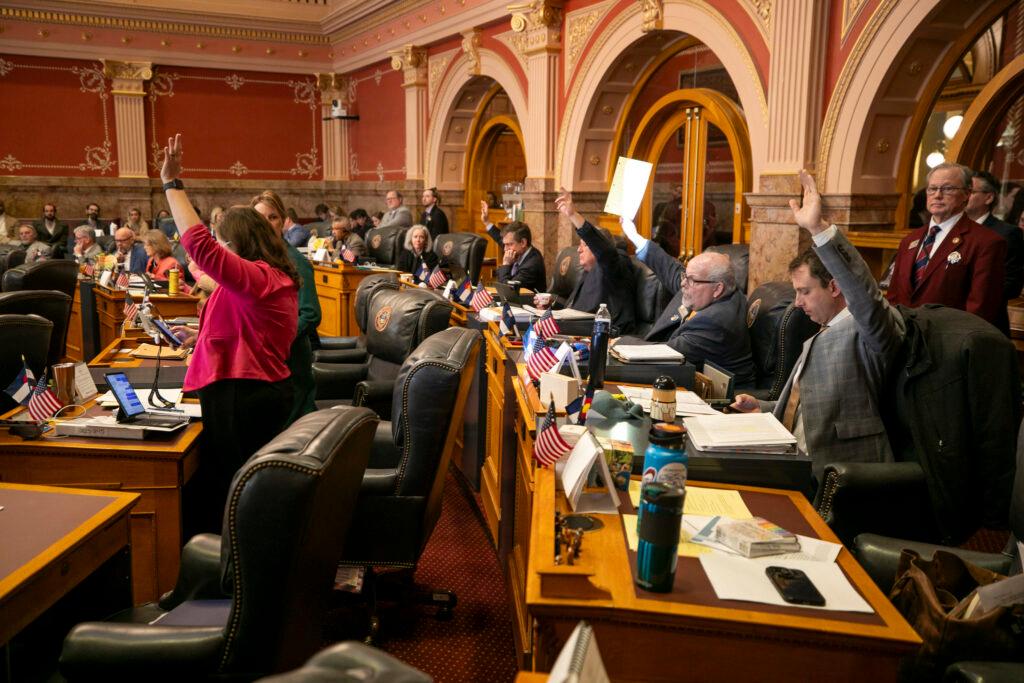
Lundeen called the Japanese American internment “a great and horrific injustice,”' committed largely without public outcry. A former journalist himself, Lundeen also told his colleagues there are big differences between then and now, especially with watchdog journalism and social media scrutinizing all of President Trump's actions and court challenges already working their way through the system.
“We may never forget the errors of our past and we must learn from them and we should apply them to the circumstances in which we find ourselves. I appreciate the sponsors bringing this (forward),” said Lundeen “but I, in this moment with the resolution before me today, must unfortunately be a respectful no.”
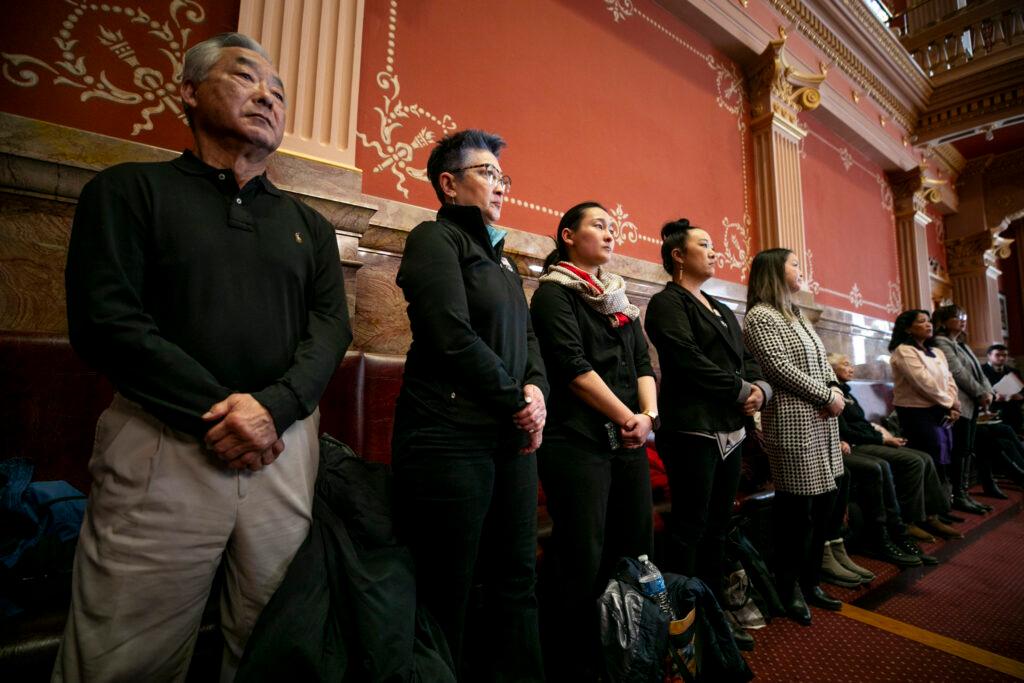
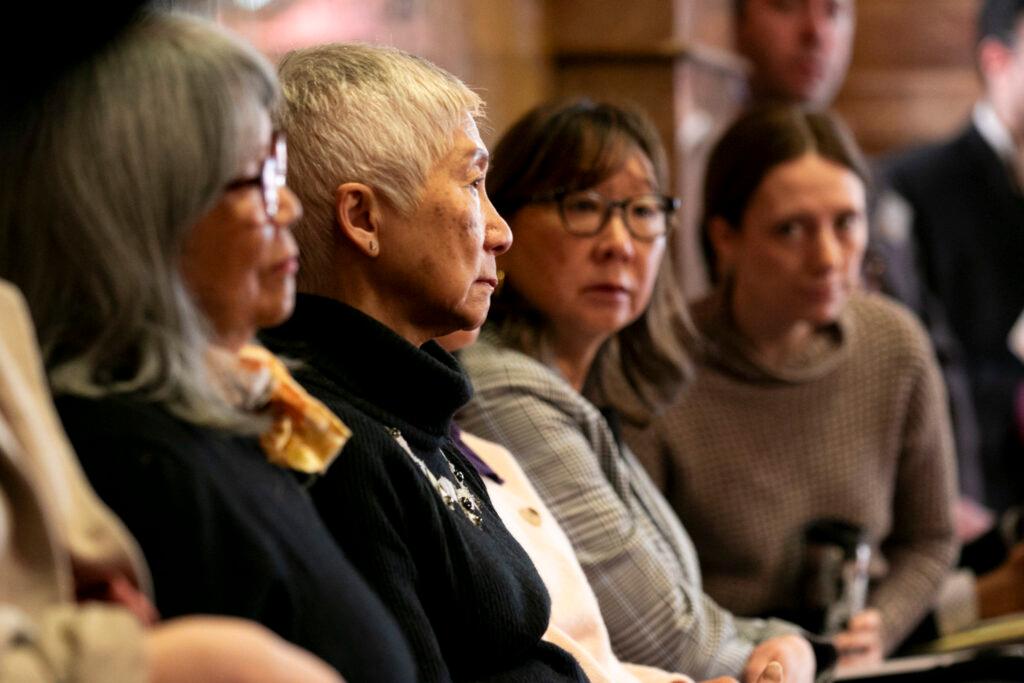
Courtney Ozaki-Durgin attended the hearing with the Japanese Arts Network and recalled the generational trauma of having her family split up during internment. Her grandmother was sent to Arizona where she had her son, Ozaki-Durgin’s uncle while her grandfather was sent to a camp in Crystal City, Tex.
“Taking away a parent from a child when they don't know where they're going or what conditions they're going into has lasting impacts,” Ozaki-Durgin said. “Family separation is really terrifying to me.”
Meanwhile, the “Neighbors Not Enemies Act” has been reintroduced in the United States Senate by a Minnesota representative and a senator from Hawaii. Colorado senators urged their fellow state lawmakers to vote for the act that would effectively get rid of the Alien Enemy Act.
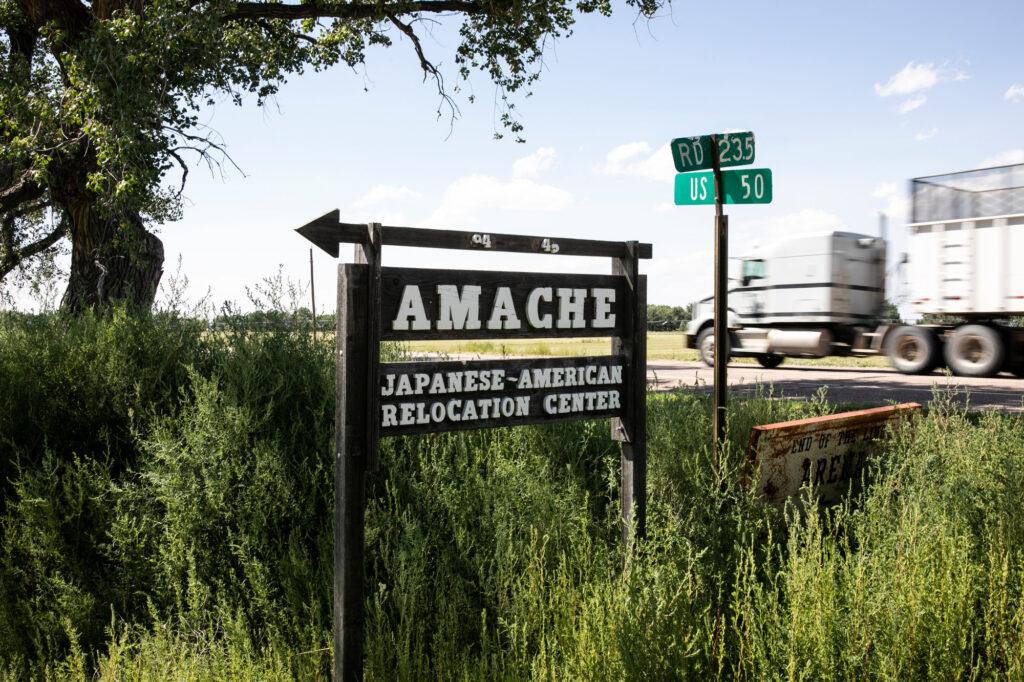
The Amache Camp survivors and family members have long fought for the site in Colorado to be a stark reminder of this part of history. The Amache Camp was deemed a national park in February of 2024, two years after former President Joe Biden signed the “Amache National Historic Site Act” into law.
Sen. Hickenlooper told CPR News the best thing about Amache becoming a historic site, “is it makes sure we don’t forget these hard-learned lessons from our history where the United States went the wrong direction.”
It’s something surviving family members said they are tired of having to advocate for.
“It doesn't matter how many times we talk about this, it's emotional and it's also extremely frustrating. I cannot believe it's 2025 and we are going over this again and again,” said Shigaya with the Sakura Foundation. “It's really frustrating. I want it to stop.”







